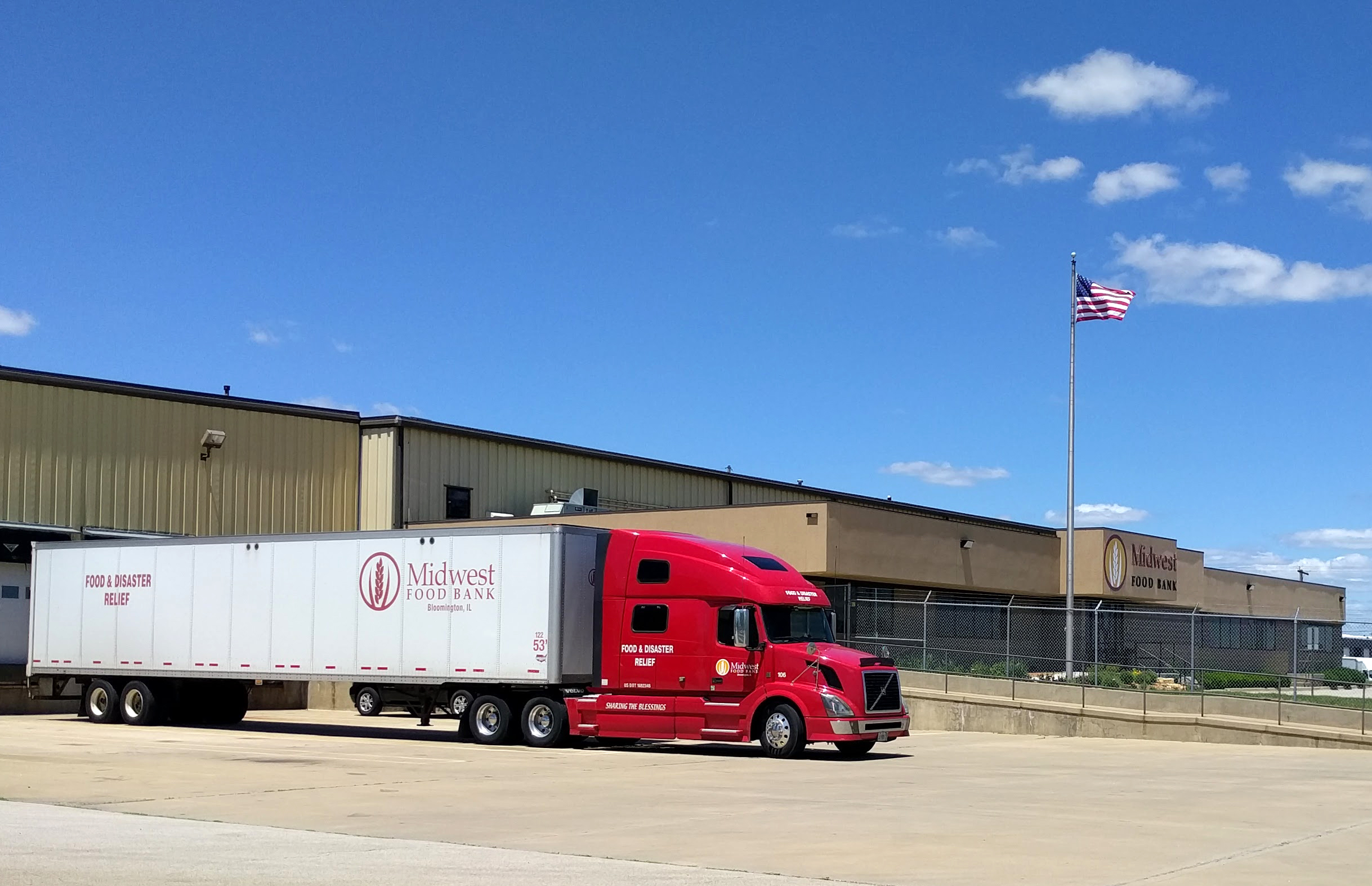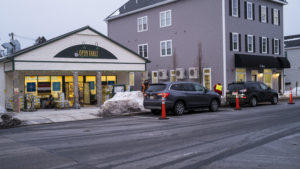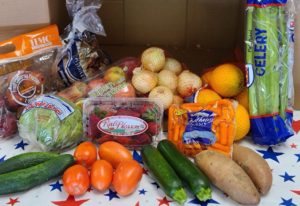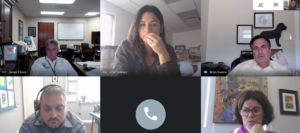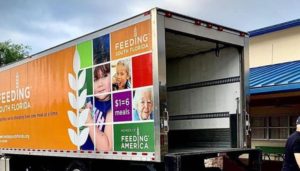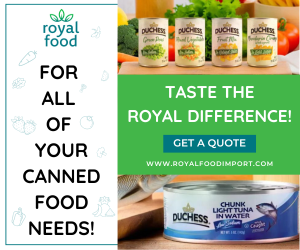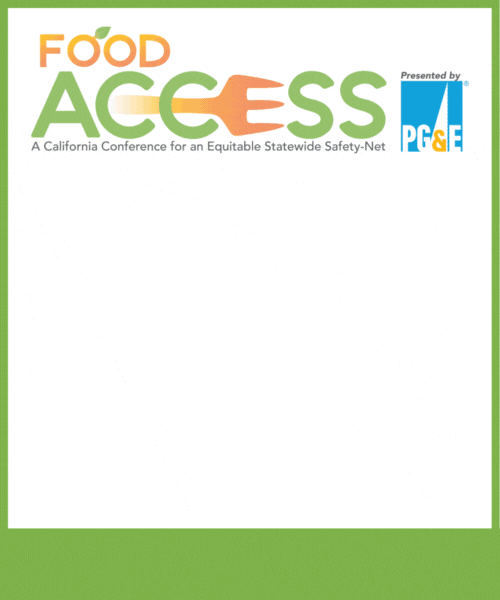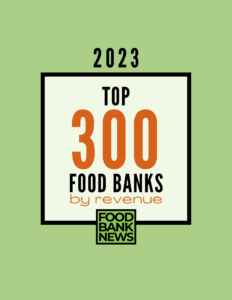With virtually every food bank in the country facing skyrocketing demand, it’s the rare food bank with enough disaster-relief capacity to be able to distribute food outside its usual operating area. Midwest Food Bank, headquartered in Normal, Ill., is an exception.
In partnership with the Salvation Army, Midwest expects to ship more than 60,000 family-sized food boxes to locations all over the country, including to Philadelphia, New York and Chicago, by the end of May. That’s more than twice as many as it shipped in all of last year in response to various regional disasters, including floods in Nebraska, hurricanes in the Southeast and wildfires in California.
The food bank’s endeavors in disaster relief began after Hurricane Katrina hit New Orleans, and David Kieser, the food bank’s Founder, President and CEO, delivered a truckload of food to the Salvation Army there. The Salvation Army asked if he could bring ten more, which he did, before ultimately delivering more than 100 truckloads of food to the region, establishing disaster relief as one of Midwest’s three main service areas.

“We are built for this,” said Eric Hodel, Chief Operating Officer, of the food bank’s response to the pandemic. “That certainly doesn’t mean we’ve got it all figured out, but it’s not catching us completely off balance.”
Midwest normally keeps 1,000 emergency food boxes on its shelves. Now it is producing about 5,000 boxes a week, using smaller groups of volunteers who can remain socially distant. The food bank supports disaster relief through its general fundraising efforts, which it steps up in times of need. And it relies on the Salvation Army to do the actual distributions. “It’s an excellent partnership and collaboration,” Hodel said.
Like all other food banks, Midwest is also responding to increased demand — in its case of up to 45% — from its more than 2,000 non-profit partners in the Midwest and along the southern border. Typically, the food banks in Midwest’s six-state operating region distribute more than $21 million worth of food a month to their partner agencies, at no cost to the agencies.
Besides supporting its agencies and taking on disaster relief, Midwest also runs a program it calls Tender Mercies, for the individually packaged meals of rice, beans, fortified chicken seasoning and soy protein it produces. Originally developed to be shipped domestically, Tender Mercies is now also distributed in Haiti, as well as manufactured in Kenya in partnership with local farmers and producers.
Tender Mercies grew out of a grassroots effort by one of Midwest’s board members, who also represents the University of Illinois, to develop a shelf-stable product with high nutrient content. Each meal costs only about 20 cents and can be eaten stand-alone or as a nutritional base to soups, salads or hot entrees.
Since the crisis, Midwest has tripled its production of Tender Mercies to 160,000 servings per week, and is including them in the pre-packaged food boxes it sends to agency partners, as well as in emergency food boxes and to partner countries, Hodel said.
Increasingly, Midwest is fielding phone calls from other food banks interested in distributing the Tender Mercies packages, especially as difficulties in getting shelf-stable food arise throughout the supply chain. While Midwest had a vision for eventually making Tender Mercies available to other emergency food providers, the pandemic has hastened those plans.
As it makes Tender Mercies more widely available, Midwest is seeking only to cover its costs for raw materials and shipping. “It’s a good solution for someone who’s going to make a cash purchase of food,” noted Jada Hoerr, Development & Relations Director.
Beyond disaster relief, Midwest is stretching its boundaries in another way: with a plan to expand to another state. In an April 20 announcement, it said it would open a new division, the food bank’s ninth domestic location, in the Hershey, Pa., area. “We’re positioned to serve,” Hodel said.
Connect with Us:
